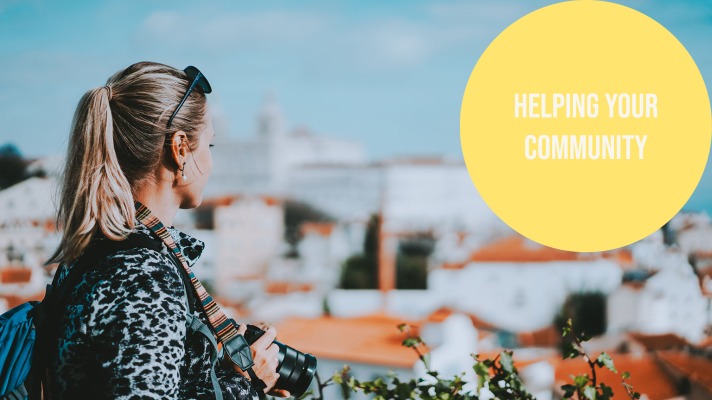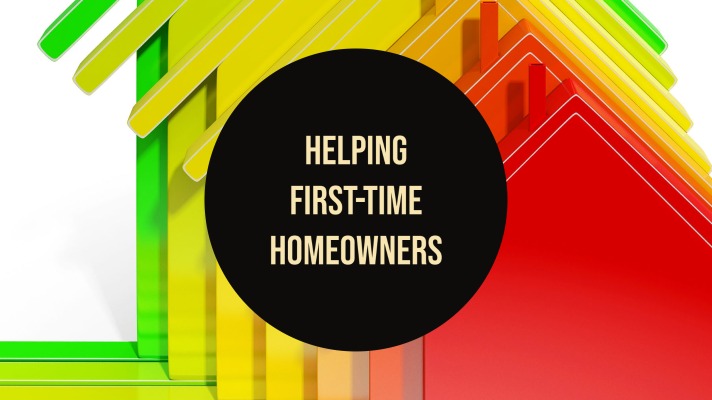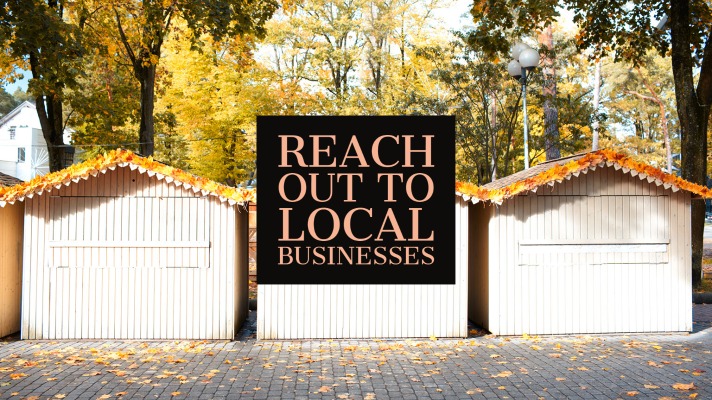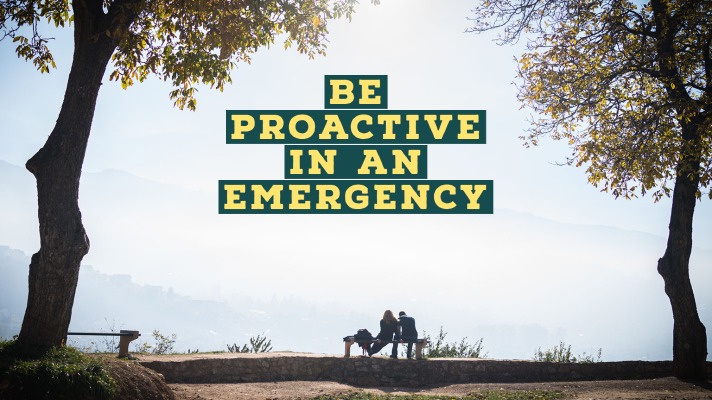
Every year communities show compassion for others. This has been evident in the recent state of the world. People have gathered to support family members and friends. Some have helped small businesses thrive. Others have helped people by housing them in their own homes.
No matter the condition of the world, homes take a direct impact. With stormy weather, hurricane season, and more, homes can be destroyed. In fact, natural disasters do not need to occur for homes to need tending to. Around 85% of homes were built before 1980 and are in high need of home improvement.
If you are a homeowner or a local community member wanting to lend a helping hand, here are some tips on how to help in an emergency.
Volunteer
If something hits close to home, think about volunteering. If you are unsure how to help in an emergency, contact or look at local charities. Some organizations will get ahead of the damage and provide emergency board up services. This will protect broken doors and windows from being visited by unwanted bugs and visitors while a home is being fixed.
Some organizations will also provide roof damage repair in the case of a disaster. Donations may be needed for items such as:
- Boards
- Tools
- Knee pads
- Protective gear
- Tool boxes and more
No matter the donation, volunteering can be done through donations, gifts, or hands-on work within your community.
Repairing homes can be costly. Some individuals simply retreat from their homes if the damage is too far gone and repairs are too expensive. One great way to help your community in a time of need is through one simple step: money.
Fundraising
As alluded to earlier, money can go a long way when providing stability for someone who has been impacted by a hurricane, storm, or other community disasters. For some states, the cost of homes can be more expensive in comparison to other states.
If you are wanting ways to help, start fundraising for families impacted. Unsure of where to start? Consider doing the following:
- Create a website for the family
- Submit a story about the family to a local newspaper
- Start a online funding campaign
- Start a community funding campaign
- Sell some of your baked goods
- Consider selling items that you no longer need
Fundraising does not have to be a challenge. Whether you decide to start an online fundraiser or sell some of your items, there are ways to gather money for families. Getting the word out can help funds increase massively depending on the platform used. You can use:
- Websites
- YouTube
- Local News
Get creative in your fundraising. Be specific about what the funds are for. For instance, a family home may be in deep need of water damage restoration services. Noting this on any platform you use, can be more impactful than you think. Local contractors can hear about it and offer pro-bono work. The power of a single message goes a long way.
Offering your own services
This is a unique way to help those in need. Oftentimes, individuals have to tend to work and cannot afford child health care because of the cost of fixing their home. If you know of any services or offer services, this could be huge for how to help in an emergency.
People need babysitters. If you have experience with being one, you can immediately offer this service to the family if they need it. This will allow the parent(s) to have more time to find ways on how to rebuild their home. This is especially helpful if dirt removal needs to occur in homes where a fire once was.
Donate blood
This tip is more for when an entire community is impacted by an unfortunate incident. For instance, if a community has a lot of injured individuals, you can donate blood if the individual(s) are in need.
When donating your blood, be sure, to be honest with the medical professional and know your blood type before giving it. This can save lives.
Help the first-timer homeowners through your knowledge
When owning a home for the first time, this can be a challenging experience in itself. When facing a community emergency like a tsunami, hurricane, earthquake, fire, or more, first-time homeowners may be unsure of what to do to salvage what they can. If you are not a first-time homeowner going through this experience, share your tips with them one-on-one.
If you’ve been through a tsunami before, you may know that flood damage restoration must take place as soon as possible in homes. Share this information with your neighbor if this is their first experience. Let them know where to go, who to hire, or what steps to take.
This is especially helpful with fire incidents. If your neighbor’s house caught on fire, suggest them to invest in a fire damage claim. This claim will help them salvage what they can physically and financially.
Network
Networking can go a long way when thinking about how to help in an emergency. If your neighbor has a pet, they may need emergency veterinary service depending on the nature of the emergency.
Networking comes in handy when you, in this situation, know a nearby veterinarian that has great clients and reviews. Maybe you have been a client (or your pet has). When individuals have lost parts of their home, having a helping hand with a list of people to go to can be beneficial for them. This takes away their heightened amount of stress.
If you are unsure of a nearby veterinarian, do some research if you have the time. See what the veterinarians are known for and look at their reviews. Networking does not apply to just veterinarians. It applies to contractors, organizations, and more individuals that can help. Taking this load off of your neighbor or community member can help them in the long run.
Help by donating products
Some individuals may prefer to do some of the cleanups on their own. If this is the case, and you are wondering how to help in an emergency, give or suggest products for the homeowners to use.
For instance, if someone’s home was destroyed or partially destroyed because of a fire, consider products for them to use in a smoke damage cleanup.Some products that you can suggest to use are:
- A mask
- Fans
- Sponges
- Vinegar
- Rags
- Buckets for water
These are just some products to suggest when cleaning up smoke damage from walls and floors of a home. When you are considering how to help in an emergency, a lot of tools needed can be found in your own home. You can lend these to your community neighbor without purchasing anything.
If you are unsure of when you will get the products back, go ahead and work with them if they and you are willing to do so.
Organizational help
In some states there are for-profit and nonprofit organizations that help with community emergencies. These types of people can aid in storm damage service, flood damage, and more.
At times, contacting these individuals may be difficult, but if you are on or part of the organization, consider putting in a word for your neighbor.
Organizations have their own protocols, gear, tools, and individuals that can help the cleanup and restoration process go faster and smoother.
Think about college
This tip may seem a little unique, but it is definitely one to consider. Some colleges have organizations that come together for a volunteer day. Some organizations help the local neighborhood by:
- Picking up trash
- Planting flowers
- Making food for the homeless
- Helping build houses
- Taking donations for a family in need
The options are endless. If you are in a big city with a big college or university, consider reaching out to one of their organizations. Most of the members in organizations are required to volunteer a certain number of hours. This can be really helpful not only for communities in need but also for the members and organizations to show their presence in the community.
Consider asking contractors to come together
When a community is facing damage to their homes like wind damage to siding, they may need more than one contractor to work on their home. Contractors come with different rates and expectations.
A good tip when wondering how to help in an emergency, is to look at independent contractors. Try to get a team of contractors together to help one or several families. This could be good for those contractors who are just starting out.
No matter the incentive, there is a reward for everyone involved. Homeowners get to have help on their home for a decent price, or pro-bono. Contractors get to put their name out there in the community and show work they have done during emergency times.
Getting individuals to work together may seem like a challenge. However, reconsider this notion. Getting individuals to come together during an emergency may not be as difficult as you think. There are contractors who care about the community and who want their communities to thrive. These types of contractors are the ones to get business from as they will get the job done in a timely and efficient manner.
Small goes a long way
You may not think it at first, but one way to determine how to help in an emergency is to start small. Consider the following:
- What damage has been done to the home(s)?
- What needs tending to first?
- Where can you start?
- Which homes can be helped immediately?
Something as small as offering food can go a long way. Often, when homes are damaged, families lose their food. They are stuck eating fast food, which is not always a bad thing, but it can get tiresome after a few days or weeks.
If you are not a cook no worries. Another small thing to do is to offer your home to others. Allow the family to stay if you know them. If you are not familiar with them, no worries.
You can also help by asking them how they need help. If you ask a family, they may tell you to point-blank what they need help with first.
Another small thing to do is to offer the family a day to regroup themselves. You can offer to put them in a hotel or in your home.
Start with the community
If any of these tips do not work for you that is okay. A lot of us have been the ones to struggle. Start with your community. If the community is not in a huge amount of damage, consider hosting:
- A concert
- A local fundraising event
- A movie night
- A worship event
- A bake sale
The options are endless in terms of what you can do in a community. You may not bake, or sing, but you can be in charge of hosting the event. Calling individuals from outside the community and getting them involved can also boost funds raised or donations made.
The after planning
One thing most communities do not consider is the after planning. This occurs when you have figured out how to help in an emergency. Maybe you fundraiser money, gathered donations, got contractors involved, and more. Homes are restored and families are back home safe and sound.
If you live in a state where tornadoes occur frequently, then you may know that the disaster could occur again the following year or in the following months. One thing to do is to be proactive about how to help in an emergency.
To do this, consider what damage has already occurred because of the emergency. If water or smoke damage occurred, consider what you had to do in order to fix up and repair parts of the house or community.
Think of the tools you needed, the people you contacted, and the numbers you gained.
It is never too bad or too early to plan ahead. Again, if this kind of disaster occurs more times than not in your community, consider having a designated section for:
- Contractor information
- Individuals who donated time or money
- Individuals who helped physically with repairs
- Individuals you contacted to be part of a local fundraising event
Having all of this on hand will help you in the case that this occurs again in the future. If you have any products left over from what you used to repair homes, keep those handy. Invest in some more over time or make note of what was and what was not used.
Having an inventory and checklist in the case of a future emergency can be helpful to not only those in the community but to those outside of the community who wish to help but are unsure how to help in an emergency.




